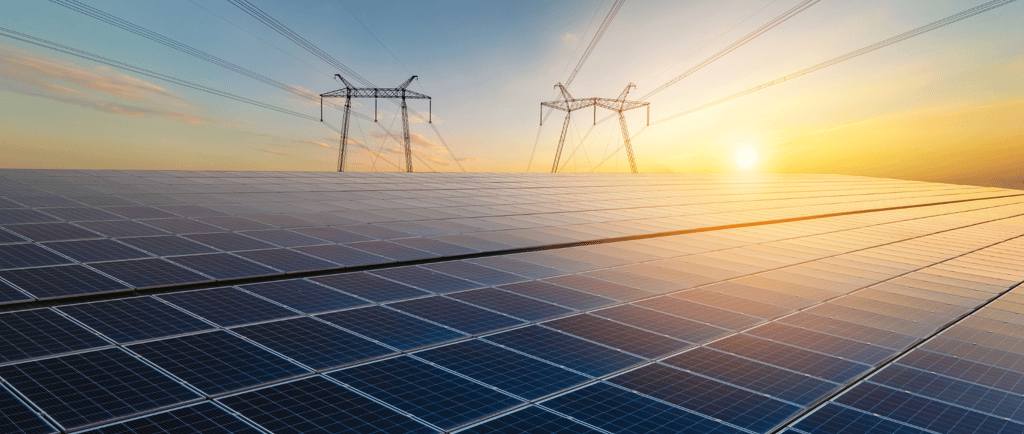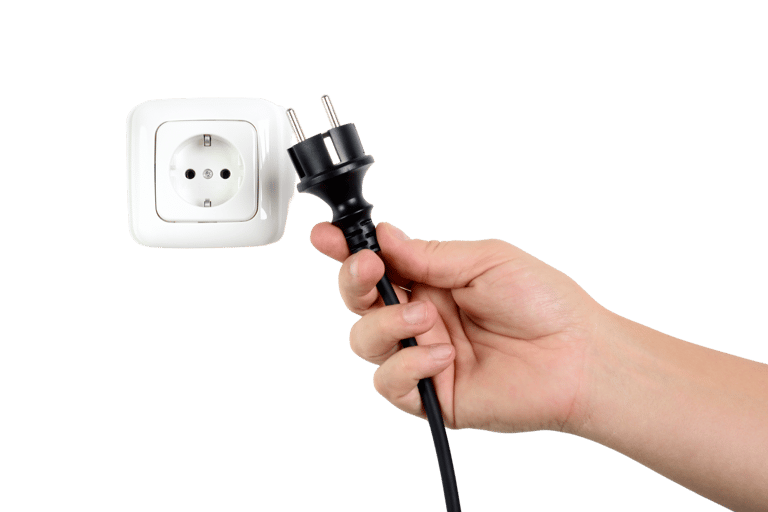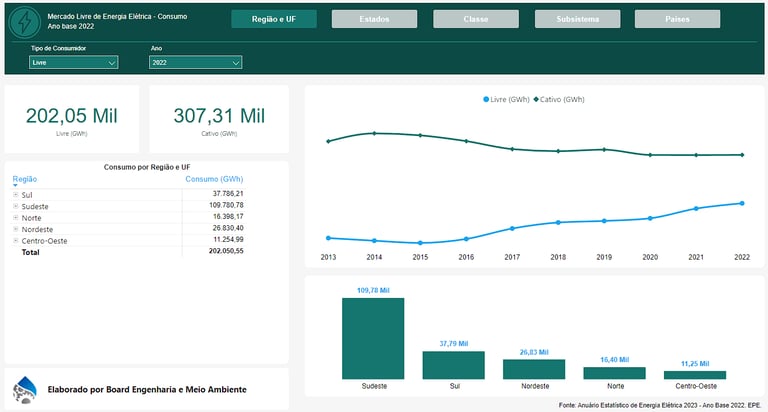Unraveling the Free Energy Market: A Comprehensive Overview
Explore the economic and environmental advantages of this new energy scenario, redefining the relationship between users and energy suppliers."
ENERGYSUSTAINABILITY
Bruno Camargo
2/5/20242 min read


The energy sector has undergone significant changes in recent decades, and one of the most notable transformations has been the creation of the Free Energy Market. This innovative approach has brought a new dynamic to consumers and businesses, allowing greater flexibility and opportunities in energy consumption. In this article, we will explore the Free Energy Market and highlight the crucial difference between free and captive consumers.
What is the Free Energy Market?


The Free Energy Market is an environment in which consumers and businesses have the freedom to choose their energy suppliers, negotiate contracts directly with generators and traders, and thus customize their contractual conditions. This modality provides greater autonomy and competitiveness, breaking away from the traditional model in which consumers were tied to regulated tariffs.
Free Consumer vs. Captive Consumer
The fundamental distinction between free and captive consumers lies in the ability to choose and the amount of energy consumed.
Free Consumer:
Choice Capacity: Free consumers have the autonomy to choose their energy supplier and negotiate direct contracts.
High Consumption: Typically, companies with an annual consumption above 500 kW have the option to become free consumers.
Contractual Flexibility: Can customize contractual conditions such as terms, prices, and energy sources.
Captive Consumer:
Choice Restriction: Captive consumers are tied to local energy suppliers and regulated tariffs.
Lower Consumption: Generally, consumers with an annual consumption below 500 kW are considered captive.
Contractual Limitations: Subject to standard contracts and tariffs defined by local regulatory bodies.


Advantages of the Free Energy Market:
Cost Savings: Competition amongS uppliers can result in more attractive prices.
Contractual Flexibility: Adaptation of contracts according to the specific needs of each consumer.
Diversification of Sources: Choice of more sustainable energy sources aligned with environmental responsibility.
Energy Efficiency: Encouragement of conscious energy use and investments in efficiency.
Risk Management: Free consumers need to be aware of the risks associated with fluctuations in the energy market.
Contractual Complexity: Direct negotiation requires technical and legal knowledge, making the support of experts essential.
Challenges and Considerations:
The Free Energy Market represents a milestone in the evolution of the sector, providing freedom and innovation. The choice between being a free or captive consumer will depend on the specific needs of each entity. Understanding the differences between these two profiles is crucial for consumers and businesses to make informed decisions, taking advantage of the opportunities offered by this new energy paradigm.
In the Interactive Panels section, you can find the dashboard on the Free Energy Market in Brazil, developed by Board.



